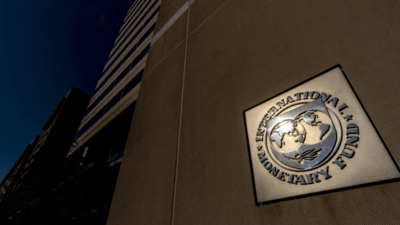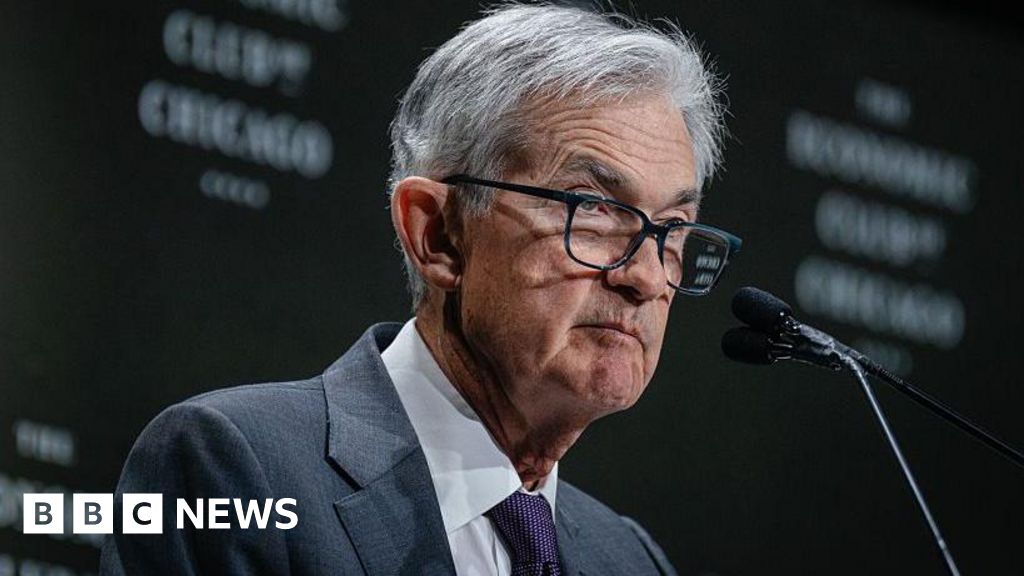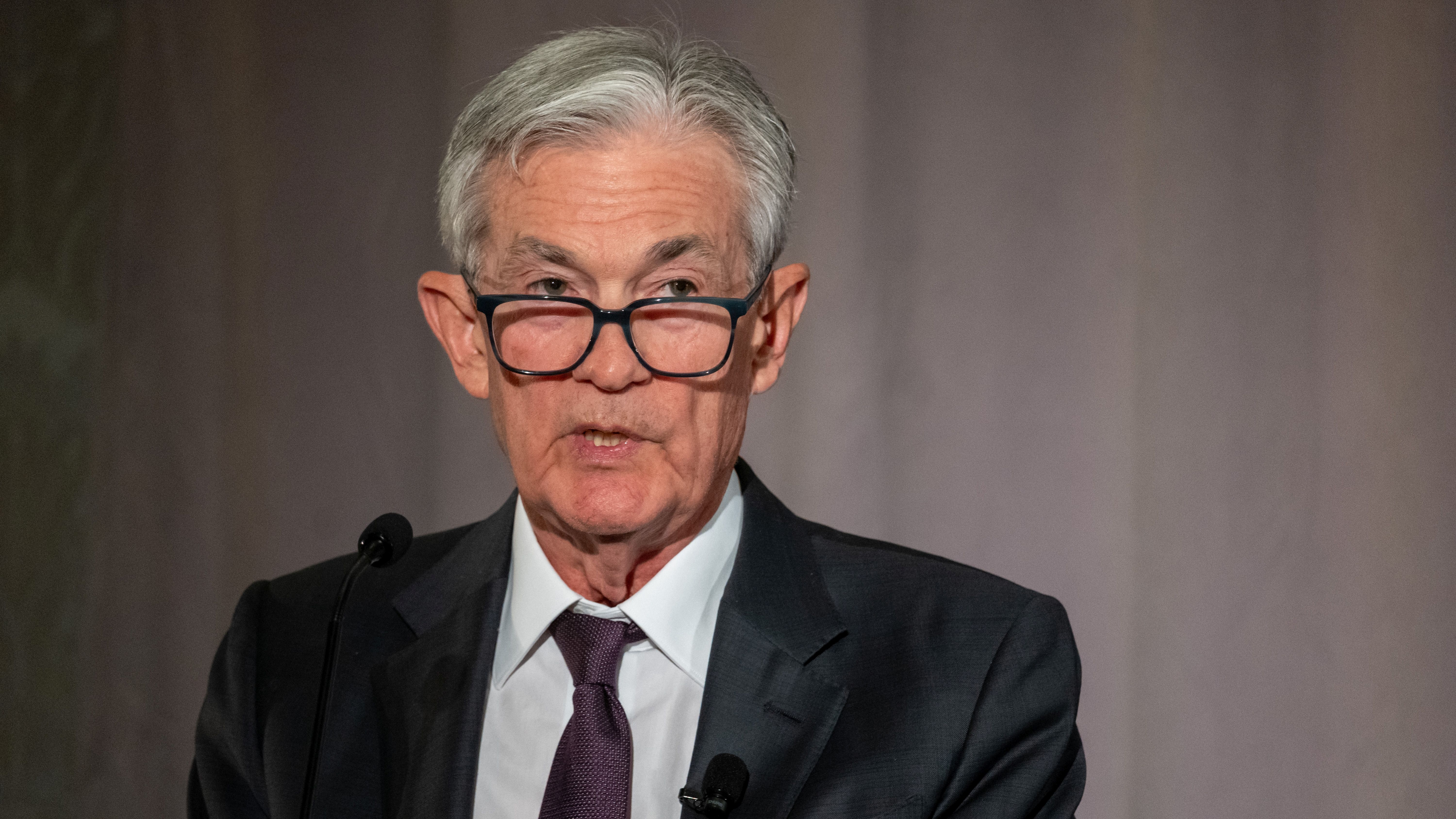Federal Reserve Policymakers Maintain Cautious Stance Amidst Shifting Inflation Trends
As inflation data for March reveals a cooler-than-expected reading, Federal Reserve policymakers are likely to keep interest rates unchanged for the foreseeable future. Analysts express concerns that inflation could rebound as new tariffs begin to impact consumer prices more significantly. Joe Brusuelas, the chief economist at RSM, emphasized the significance of this data point, stating, "This is the last clean print before we get tariff-induced inflation increases," during an interview with Yahoo Finance.
The latest report from the Bureau of Labor Statistics indicates that the Consumer Price Index (CPI) rose by 2.8% on a core basis, which signifies a decline from the previous month's annual core price increase of 3.1%. This marks the slowest annual rise in inflation observed in four years, sparking a wave of reactions from economic experts and government officials.
In light of these figures, President Trump took to social media to celebrate the results, exclaiming, "INFLATION IS DOWN!!!" This statement, however, has been met with skepticism among economists who caution that the current trend may not be sustainable. Many believe that the aggressive tariffs implemented during Trump's initial months in office are likely to reverse this trend.
While some tariffs have been temporarily paused for a period of 90 days, significant tariffs remain in effect, particularly those imposed on Chinese goods, which have surged to 125%. This ongoing trade conflict is expected to exert upward pressure on prices in the near future. Stephen Brown, the deputy chief North America economist for Capital Economics, predicts that the Fed will opt to maintain its current rate policy throughout the year, as core prices are anticipated to rise sharply once these tariffs begin to take effect.
Ellen Zentner, the chief economic strategist for Morgan Stanley Wealth Management, echoed similar sentiments, stating that the inflation data released today should be considered outdated, as the impending effects of tariffs are expected to drive inflation significantly higher in the upcoming months. She articulated the challenging position the Federal Reserve finds itself in, noting, "The Fed remains in a tough spot, caught between a trade war causing tight financial conditions and weight on the economy as inflation takes off."
On Thursday, Kansas City Fed president Jeff Schmid reinforced this cautious approach in a speech, indicating his focus on the inflation outlook, and expressing concern that any future spikes in prices could exacerbate inflation expectations.
Tom Porcelli, chief U.S. economist at PGIM Fixed Income, also suggested that the CPI results released on Thursday are unlikely to influence the Fed's decision-making process significantly. He referred to the data as a "one-off" and anticipated firmer inflation figures to emerge over the course of the year. When asked if the March inflation data might provide the Fed with justification to lower rates, he responded cautiously, indicating that while it could be seen that way if more similar data were forthcoming, he did not expect that scenario to materialize.
In fact, Porcelli asserted, "I think we should expect the exact opposite. There is now a lot of inflation in tow," highlighting the complexities of the current economic landscape as the Federal Reserve navigates these challenges.
























